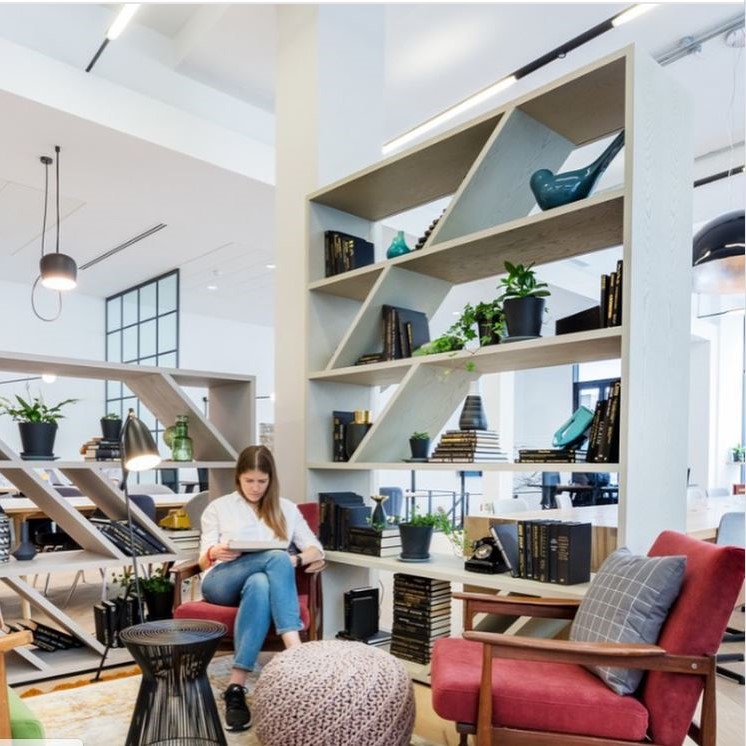To provide the best experiences, we use technologies like cookies to store and/or access device information. Consenting to these technologies will allow us to process data such as browsing behaviour or unique IDs on this site. Not consenting or withdrawing consent, may adversely affect certain features and functions.
The technical storage or access is strictly necessary for the legitimate purpose of enabling the use of a specific service explicitly requested by the subscriber or user, or for the sole purpose of carrying out the transmission of a communication over an electronic communications network.
The technical storage or access is necessary for the legitimate purpose of storing preferences that are not requested by the subscriber or user.
The technical storage or access that is used exclusively for statistical purposes.
The technical storage or access that is used exclusively for anonymous statistical purposes. Without a subpoena, voluntary compliance on the part of your Internet Service Provider, or additional records from a third party, information stored or retrieved for this purpose alone cannot usually be used to identify you.
The technical storage or access is required to create user profiles to send advertising, or to track the user on a website or across several websites for similar marketing purposes.
 Working parents’ ability to switch off from their work is being undermined by the rise of modern communications and the uptake of flexible working practices, with almost half agreeing the boundaries between home and the workplace have blurred, according to the most authoritative annual survey of working families in the UK. (more…)
Working parents’ ability to switch off from their work is being undermined by the rise of modern communications and the uptake of flexible working practices, with almost half agreeing the boundaries between home and the workplace have blurred, according to the most authoritative annual survey of working families in the UK. (more…)




















 One in five dads says their working schedule means they are missing out on seeing their children growing up, claims
One in five dads says their working schedule means they are missing out on seeing their children growing up, claims 









December 16, 2019
Is flexible working the answer to improved employee mental health and productivity?
by Sarah King • Comment, Flexible working